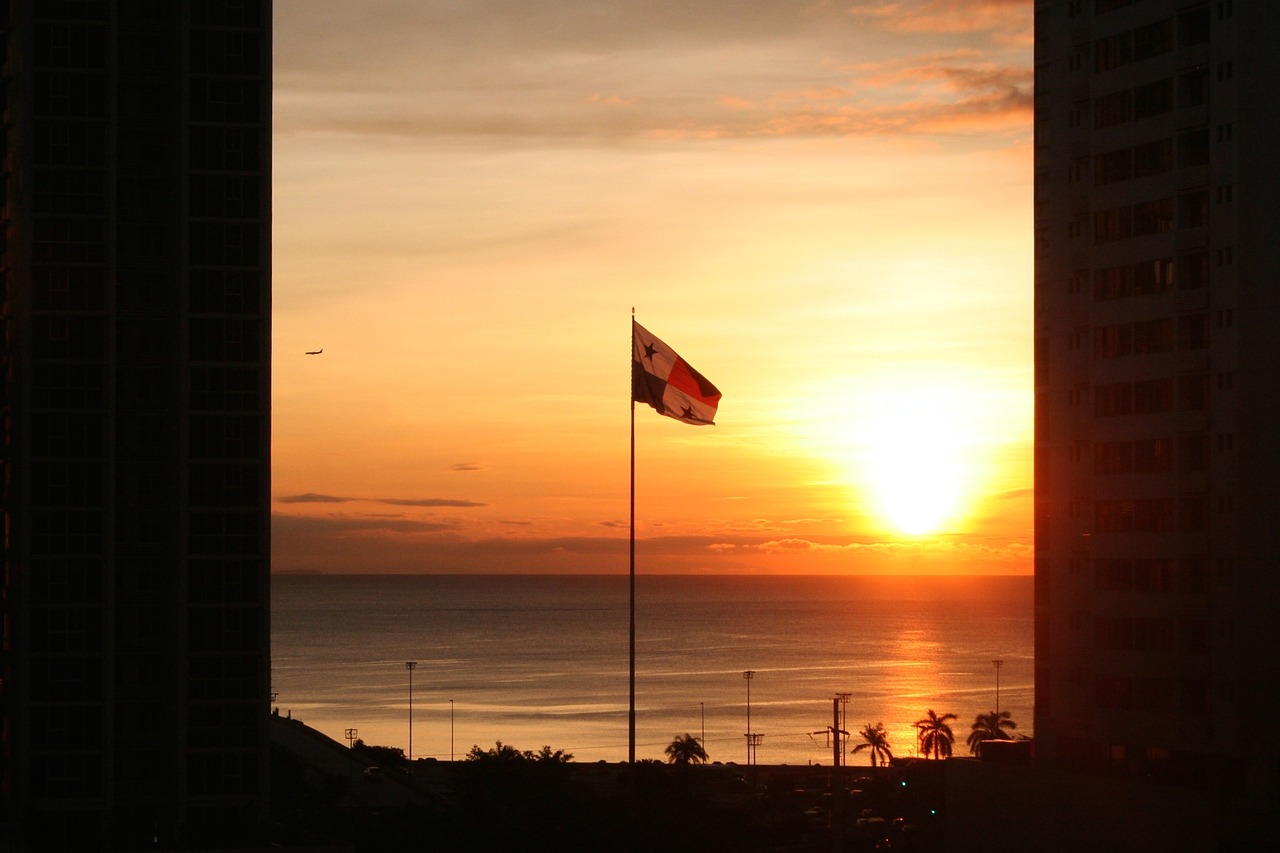 Panama wants to position itself as a leader in the global green hydrogen industry with its newly unveiled National Strategy for Green Hydrogen and Derivatives (ENHIVE).
Panama wants to position itself as a leader in the global green hydrogen industry with its newly unveiled National Strategy for Green Hydrogen and Derivatives (ENHIVE).The preliminary version of the strategy outlines the country’s objectives and actions in the short, medium, and long term to establish itself as a major player in the green hydrogen market.
By 2030, Panama aims to significantly boost local production of 500,000 tons of H2V (hydrogen) and/or its derivatives. Additionally, the country plans to ensure that 5% of Panama’s bunkering supply comes from this clean energy source. In the subsequent years, Panama intends to quadruple these figures, showcasing its commitment to becoming a prominent player in the green hydrogen sector.
According to the ENHIVE strategy, the goal for 2024 is to produce 2,000,000.00 tons of H2V and/or its derivatives locally. Furthermore, the strategy aims to have 30% of Panama’s bunkering supply sourced from green hydrogen by 2024. By 2050, the target is even more ambitious, with a goal of reaching 40% of Panama’s bunkering supply, 30% for aviation, and 30% for heavy cargo transport vehicles and machinery.
The achievement of these goals heavily relies on non-conventional renewable energy sources. The preliminary version of ENHIVE highlights two flagship projects that involve the production of H2V and its conversion into ammonia or e-kerosene. These projects encompass photovoltaic and wind technologies.
One of the flagship projects, “Production of H2V in Panama and transformation to green ammonia” for Green Bunkering, will feature a 290 MW solar plant in the province of Colón. The second project, “Production of hydrogen in Panama and conversion to aviation e-kerosene for dispatch of clean aerial fuel,” involves a 160 MW solar plant and an 18 MW wind plant in the Arco Seco area.
While further details about the renewable energy plants have not been publicly disclosed, the ENHIVE strategy outlines the architecture and system sizing for each H2V project, showcasing the integration of wind and photovoltaic plants.
To ensure public involvement and input, consultations and suggestions regarding the National Strategy for Green Hydrogen and Derivatives of Panama (ENHIVE) are being accepted until May 28, 2023. This inclusive approach highlights the government’s commitment to developing a comprehensive and well-rounded strategy that addresses the nation’s energy needs while embracing sustainable practices.